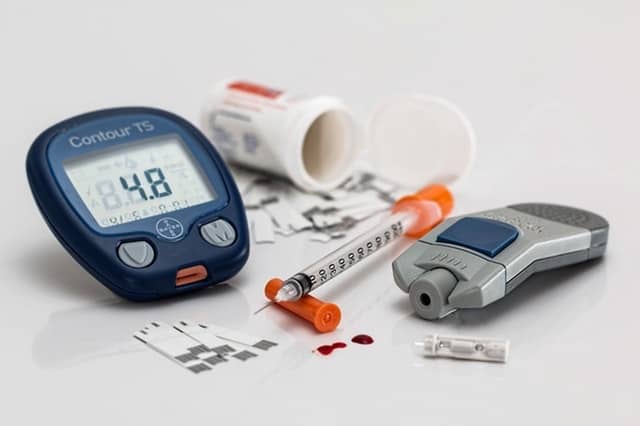It’s advisable that everyone should have 7 to 9 hours of shut-eye every day. Your body requires sleep, just like water and food. Furthermore, during slumber, the body restores and rejuvenates itself. Your brain refreshes its chemical balance, establishes new connections, stores, and sorts out memories.
Mood changes and a feeling of malaise are some of the feelings associated with lack of one night’s sleep. Now add that up to a chronic lack of proper sleep and be sure to say goodbye to healthy immunity, a functional brain, and weight gain! A study has proven that a chronic lack of adequate sleep increases the chances of early death by more than 12%.
Sleep deprivation causes range from busy schedules, insomnia, and excessive caffeine intake. Disturbances such as a noisy environment and snoring are also a significant causative of insufficient sleep. It’s advisable for one to avoid caffeine before bed and actively ensure that you get 7 to 9 hours of sleep daily.
Additionally, if you or your partner snore, you could be suffering from sleep apnea, a medical condition which causes frequent pauses in breathing; leading to reduced sleep and low oxygen levels. Luckily there is an array of treatment options to control snoring that are available. I recommend that you go check out the Zee Snoring blog section for more information and research on how to find the perfect anti-snoring device for you.
Numerous studies have linked sleep deprivation to some serious health complications. Here are some of the consequences;
1. Accidents Risks
- Sleep deprivation can be downright dangerous. The condition causes poor balance, daytime fatigue, and drowsiness, all of which pose detrimental risks to those who drive or operate heavy machinery equipment. Tripping, falling, and automobile accidents are highly associated with sleepiness.
2. A Weakened Immunity
- Sleep induces the immune system to produce cytokines; proteins which increase, especially when you have an infection or are under duress to strengthen the body. Lack of sleep, therefore means that your body is not able to heal as quickly.
3. High Blood Pressure
- Sleep deprivation hurts your body’s capacity to deal and control stress hormones consequently triggering high blood pressure. For most people, blood pressure levels stabilize at night, so it’s a no-brainer that if you don’t get sleep, your body won’t get the chance to regulate itself.
4. Cardiovascular Disease
- Lack of sleep increases the risks associated with heart and the general circulatory system. High blood pressure also causes heart issues.
5. Lack of Critical Thinking and Sound Judgment
- Sleep deprivation leads to a difficulty in processing information. It alters your decision-making ability, productivity, and creativity.
6. Having Trouble with concentration
- One of the critical reasons for sleep is energy conservation to help with cognitive tasks such as focus and memory. Lack of sleep deprives you of the ability to complete tasks due to poor concentration
7. Mood Swings
- Sleep deprivation alters your mental state and in extreme cases causes you to experience hallucinations, impulsive behavior, and depression. In people with psychological conditions such as bipolar, Sleep deprivation can trigger manic episodes and suicidal thoughts.
8. Diabetes
- Sleep deprivation causes and intensifies insulin resistance which in turn leads to type 2 diabetes.
9. Migraines
- Poor sleep causes a reduction in the production of essential proteins that suppress chronic pain. Similarly, according to WebMD, the body translates sleep deprivation as a stressful situation; and in effect secretes proteins which arouse the nervous system to triggering pain.
10.Premature Aging
- A steady production of hormonal levels is dependent on your sleep. The output of bodybuilding hormones such as testosterone, growth hormone in kids and cell repair hormones are all induced during sleep. Repair hormones allow the skin to regenerate and repair itself after harsh conditions such as sunburn.
The effects of sleep deprivation are evident. More than just yawning, fatigue and mood swings, a sleep-limited state can manifest extreme fatigue, grogginess, clumsiness, obesity not to mention dangerous diseases such as diabetes and depression. Sleep deprivation drains your mental abilities and poses a real risk to your physical health.





